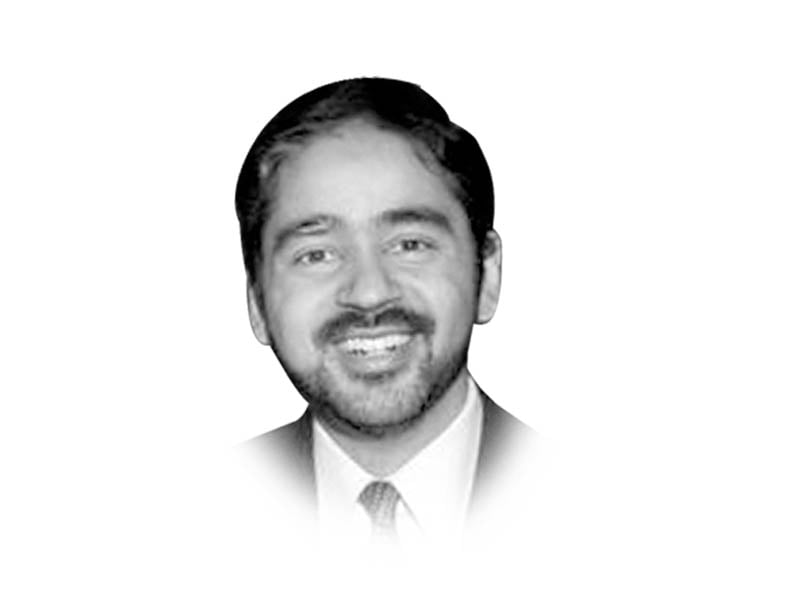Save it from UNraveling
The pandemic has brought new scrutiny to the World Health Organization
For those of us who care about fairness, justice and the rights of the marginalised people, the Security Council has been a massive disappointment. The list of failures is long and includes instances on every continent. The ability of five countries to veto what they or their allies find uncomfortable truths undermines the very mission of truth, justice and humanity. There are also serious concerns about policies of the World Bank and how it helps itself more than it helps any other country. Addictive dependence on aid due to policies of the Bank has been raised as a frequent issue that has contributed to poverty and low levels of human development in poor countries. Archives from the late 1940s and 1950s show that the concerns about prioritisation of the rights and benefit of richer countries (US and Western Europe in particular) have also plagued UN from the very beginning. But the problems are not just at the Security Council or the World Bank.
The pandemic has brought new scrutiny to the World Health Organization (WHO), and its limited ability to make countries share vaccines; create policies that are fair for all; or, as we have seen recently, share data about the origin of the virus. In a bizarre move earlier this month, the WHO appointed Syria on its executive board. This move was decried by human rights groups and many Syrians who have lost everything. A recent New York Times report has also uncovered secretive meetings at International Maritime Organization (IMO) that is tasked with protecting the global climate, but in fact is helping countries and organisations pollute the planet in unprecedented ways.
Anyone who has worked with UN or its agencies will tell you candidly that working with the institution is a bureaucratic nightmare. Things are painfully slow. The institution is also risk averse to a fault, and rarely takes controversial positions even when they may be the right ones, lest they alienate powerful countries. My experience in working on issues of substandard and falsified drugs, or access to health services for refugees has been no different.
Yet, my experience has also been of meeting and learning from some of the most dedicated humanitarians who work for the UN. At WHO, Unicef and UNHCR, three organisations that I have worked with, I have met people from all over the world who are knowledgeable, thoughtful and firm believers in human dignity. These people are exceptionally brave, kind, and smart. They are also willing to work across cultures, ethnicities, race and religion in ways that is inspiring.
This tension of an institution that is increasingly finding itself less relevant, and people who are so dedicated, is real. The criticisms of the UN are real and much needed, but it would be grossly inaccurate and unfair to argue that there is no good that comes out of the UN. There is no doubt that the world needs an institution (or a set of institutions) to look at our collective problems and find common solutions.
Yet, increasing levels of nationalism mean that collective solutions are going to be harder to find. At the very core, cooperation and collaboration means compromise, but that is exactly what modern nationalism tries to undermine. These days politicians campaign on undermining the UN, and get plenty of votes for that. The countries that need to be held accountable are least likely to care much about the UN, its resolutions or policies.
So where does that leave those of us who care about the mission, but are increasingly frustrated by the failures? Bureaucracy thrives on status quo, but progress requires challenging that. Progress requires confronting hard truths, reflecting on the history and asking why ordinary people from Palestine to Peru may be frustrated with the organisation. Perhaps it is time for a real reform, or a new model. Perhaps it is time to ask: who do we really want to serve — the people, the politicians or the status quo? Fortunately, in my experience, UN has the people who are smart enough to ask these questions. I think they also know the answers.
Published in The Express Tribune, June 15h, 2021.
Like Opinion & Editorial on Facebook, follow @ETOpEd on Twitter to receive all updates on all our daily pieces.


COMMENTS
Comments are moderated and generally will be posted if they are on-topic and not abusive.
For more information, please see our Comments FAQ